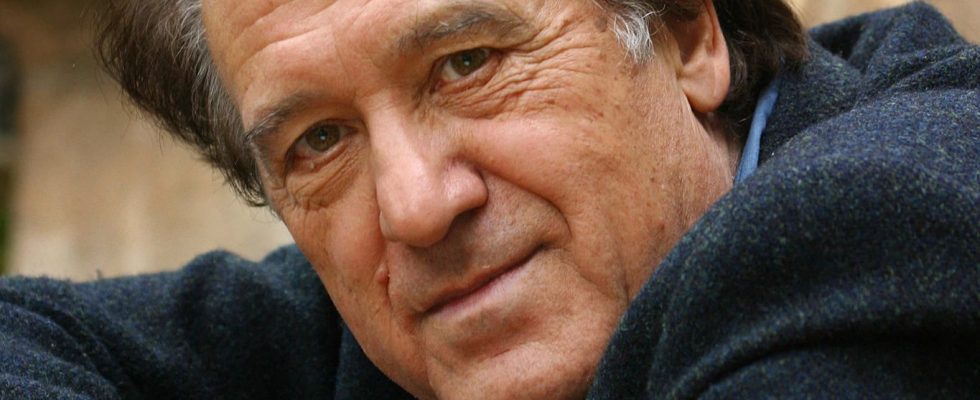On those days, we always think about the text messages, the calls, the invitations that remained at the tentative stage. “I should call Jacques Julliard.” To tell him how much this sentence in his editorial dazzled me. To ask him for his opinion on this or that current disaster. To suggest lunch, or tea – in the end, you had to favor quiet places. The ace ! Time, the whirlwind, the superfluous imperatives… Life invents emergencies that are not emergencies. And afterwards, we are inconsolable. Jacques Julliard is dead. He was one of the figures who bring honor to our profession. One of the most honest, most intelligent, most erudite, most generous and most inspiring.
On those days, we also allow ourselves to be visited by dozens of images, phrases, flash memories. The first that comes to mind is that of a winter afternoon, when I went to interview him at his home, in Bourg-la-Reine, for a report in L’Express entitled “Being French”. The rain was beating against the windows of his veranda, it was a December afternoon without light. In the middle of a response, here is Jacques Julliard, comfortably dressed in three-striped jogging pants in his large living room, filled with bookcases, filled with books, who begins to recite in his head a poem by Aragon:
“I salute you, my France with the eyes of a dove,
Never too much my torment, never too much my love.
My France, my old and new quarrel,
Ground sown with heroes, sky full of sparrows”
The high, quavering voice. The cat that languishes on the sofa dimly lit by a table lamp. “All these writers believed that a nation cannot live without something sacred above it which is its essence,” the editorialist continued. And to quote Péguy, his dear Péguy: “It is necessary, says God, that there was some acquaintance between this people and this little hope.” Jacques Julliard was in love with France. He sharpened his thinking on the grindstone of his scholarship: literature, philosophy, history. Yes. He was incredibly erudite. But what is scholarship without clairvoyance? He had both.
“The little guy came up from Ain to Paris in 1954 to do Normale sup there”
The man could not believe the repeated blindness of the French intellectual community, which he took to be “the most credulous or the most cynical there is”. “Even today, I don’t understand why we are repeating with regard to Islamism what I have already seen twice in my life: once with Stalinist communism, once with Maoist communism!”, m he had confided at the time of the publication of his Notebooks.
Another memory, a few years earlier. In the salons of the Elysée, in October 2016, when he was made Commander of the Legion of Honor. At the turn of his speech, “the little guy who came from Ain to Paris in 1954 to do Normale sup”, indulged in an attempt at a political self-portrait: “In my internal board of directors, there are 24% for counter-revolutionary thought, 24% for libertarian and anarchist thought and an unworkable majority of 52% for social democracy. Some will say that all this is contradictory. But it is the reality that is. ” Catholic, but secular. Social democratic, but popular. Popular, but not leftist. Both feet firmly anchored on the crest of intelligence.
In 2010, when he was already 77 years old, the historical editorialist of New Observer had made a call for a “combat social democracy”, against “social democracy as a fallback line for the business bourgeoisie”. A year and a half later, he joined Marianne, where I knew him, frequented him. Where he taught me. Jacques Julliard was not one of those who impose a distance to enjoy their stature. He listened, he was enthusiastic, he encouraged.
Nestled in the 1,107 pages of bible paper that constitute the Unpublished notebooks by Jacques Julliard (published in 2021 in the Bouquins collection), we find this very curious Chinese self-portrait: to the question “Which animal do you most resemble?” Julliard answers: a hedgehog. “Not so much because of the quills,” the intellectual explained to me, when I asked him why he had chosen this strange mammal, “but for the little eye of the camouflaged animal that looks at the world.” Today, that eye is gone. And tomorrow, we will all see things a little less clearly.
